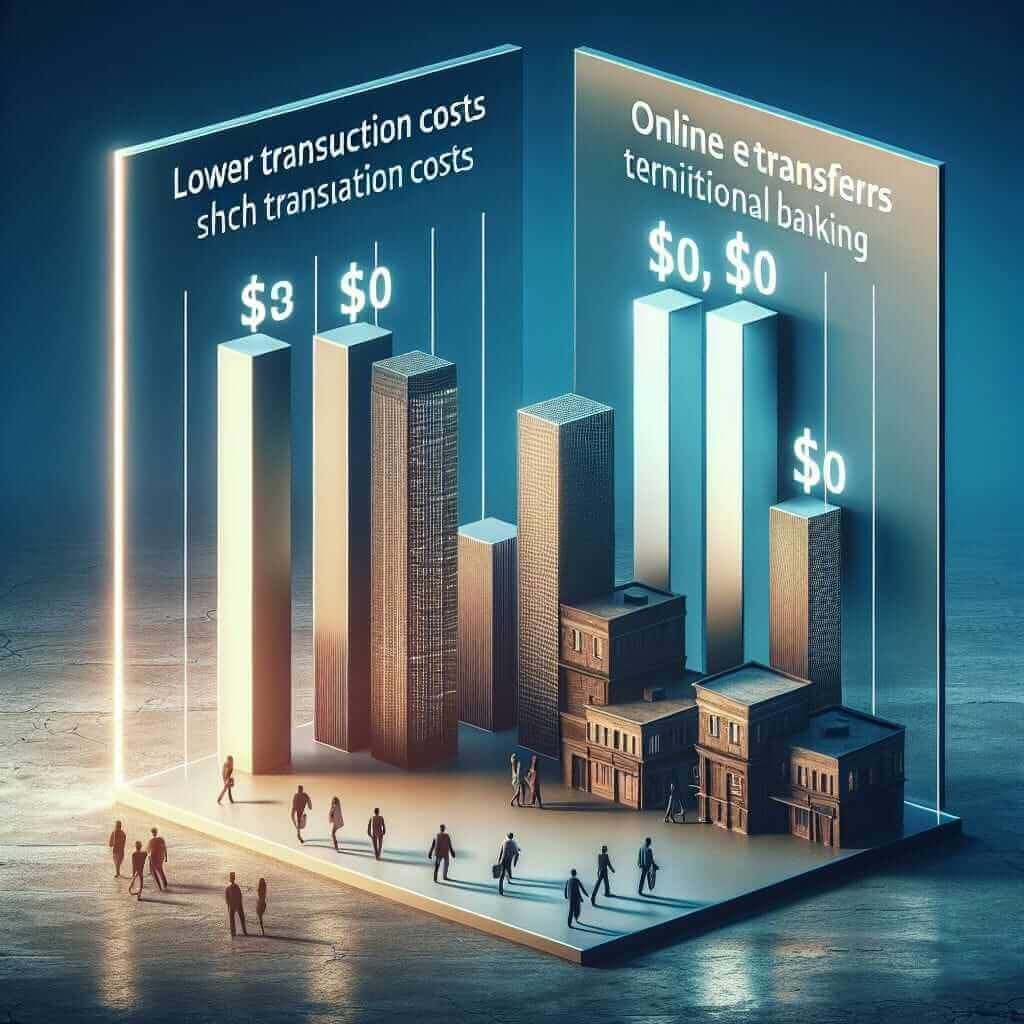The IELTS Reading section is pivotal in assessing a test taker’s comprehension abilities. Topical subjects like fintech, given their increasing relevance and complexity, can often appear in these tests. Fintech — short for financial technology — refers to technological innovation in the financial sector. Over recent years, the economic impacts of fintech have sparked considerable discourse, given the industry’s rapid growth. This practice material will guide students in navigating an IELTS Reading passage centered on the “Economic effects of fintech.”
The Test
Reading Passage
You should spend about 20 minutes on Questions 1-13, which are based on the reading passage below.
The Economic Effects of Fintech
Financial technology, commonly known as fintech, has rapidly reshaped the economic landscape worldwide. By leveraging advancements in technology, fintech companies have revolutionized how individuals and businesses manage their finances.
1. Enhancing Financial Inclusion: Fintech has played a crucial role in enhancing financial inclusion by providing access to financial services for underserved populations. Through mobile banking, micro-financing, and digital wallets, fintech has allowed millions of previously unbanked individuals to participate in the economic system.
2. Reducing Transaction Costs: One of the most significant economic effects of fintech is the reduction in transaction costs. Traditional financial institutions often incur high costs due to legacy systems and brick-and-mortar infrastructure. In contrast, fintech companies operate with significantly lower overheads, which are passed on to consumers as reduced fees and faster services.

3. Disruption of Traditional Banking: Fintech has disrupted the monopoly of traditional banks by introducing competition. For example, peer-to-peer lending platforms allow individuals to lend and borrow directly without the need for an intermediary. This has provided more options for consumers and has necessitated that traditional banks innovate and improve their services to retain customers.
4. Employment and Economic Growth: The fintech industry has also contributed to employment and economic growth. The creation of new jobs in fintech companies, ranging from software development to customer service, has spurred economic activity. Furthermore, fintech innovations have facilitated the growth of small and medium-sized enterprises (SMEs) by providing them with better financial tools and access to capital.
5. Regulatory Challenges and Risks: Despite its benefits, fintech also poses several challenges and risks. The rapid pace of technology often outstrips regulatory frameworks, leading to potential risks in data privacy and financial stability. Regulators worldwide are grappling with how to balance innovation with consumer protection.
In conclusion, the economic effects of fintech are far-reaching and multifaceted. While it has undoubtedly introduced efficiencies and inclusivity, it also brings forth challenges that require careful management to ensure sustainable growth.
Questions
Identifying Information (True/False/Not Given)
- Fintech services are only available to people who already have bank accounts.
- Fintech has reduced the overhead costs for consumers.
- Peer-to-peer lending requires an intermediary.
- Traditional banks have been largely unaffected by fintech innovations.
- Regulatory bodies are fully equipped to handle all fintech challenges.
Matching Information
Match each statement with the correct paragraph (A-E).
- Fintech provides better tools for SMEs.
- Fintech contributes to employment.
- Fintech facilitates financial inclusion.
- Regulatory risks of fintech.
- Reduction in transaction costs.
Multiple Choice Questions
- Which of the following is a significant impact of fintech on traditional banking?
- A. Increasing the number of physical bank branches
- B. Enhancing peer-to-peer transactions
- C. Eliminating the need for digital currencies
- D. Decreasing competition in the financial market
- Fintech has spurred economic growth mainly by:
- A. Decreasing consumer savings
- B. Innovating software development only
- C. Creating new opportunities for financial services
- D. Offering minimal financial products
- Which challenge is mentioned as a concern for fintech regulation?
- A. High operational costs
- B. Limited growth of SMEs
- C. Maintaining consumer trust
- D. Economic inclusivity
Answer Keys and Explanation
-
False – Paragraph 1 states fintech provides services to underserved populations, i.e., the unbanked.
-
True – Paragraph 2 mentions lower overheads of fintech companies result in reduced fees for consumers.
-
False – Paragraph 3 discusses peer-to-peer lending without intermediaries.
-
False – Paragraph 3 mentions that fintech innovations necessitate traditional banks to improve.
-
Not Given – Paragraph 5 talks about regulatory challenges but not whether regulators are fully equipped.
-
Paragraph 4
-
Paragraph 4
-
Paragraph 1
-
Paragraph 5
-
Paragraph 2
-
B
-
C
-
C
Common Mistakes
Students often misinterpret the overall gist of the passage or specific details. Common pitfalls include skimming too quickly and losing out on key information or not understanding the context of certain terminologies.
Vocabulary
- Inclusion (noun) /ɪnˈkluʒən/: The action or state of including or of being included within a group or structure.
- Disrupted (verb) /dɪsˈrʌpt/: Interrupt (an event, activity, or process) by causing a disturbance or problem.
- Regulatory (adjective) /ˈrɛɡjʊlətəri/: Serving or intended to regulate something.
Grammar Focus
Relative Clauses:
- Type: Non-defining
- Example: Fintech companies, which operate with significantly lower overheads, pass on these savings to consumers.
Conclusion
To excel in the IELTS Reading section, it’s vital to practice with passages related to current and relevant topics. Understanding how fintech impacts the economy can provide both insight and necessary vocabulary. Consistent practice and familiarizing oneself with varied topics will ensure better performance in the actual test.
Remember, thorough reading and comprehension, as well as understanding the context, will help you answer accurately. Keep practicing and reviewing your answers to enhance your proficiency.